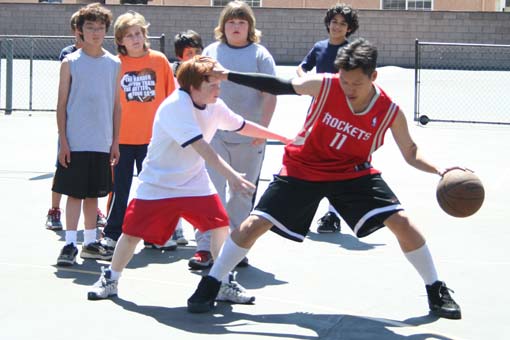
Today’s FD guest lecturer is Chi Tung, a man who may or may not refer to himself as the Chinese Stallion (after all, it is what his name means). When he’s not wearing lensless glasses for a tech show on state-run Chinese television, he moonlights as a writer, for publications ranging from the Huffpo to Asia Pacific Arts.
Now that the 2009 Houston Rockets have bowed out for good (bless their scrappy hearts), it’s as good a time as any to turn down all that red glare, and understand what actually matters. There will be talk of caging and uncaging the pitbull that is Ron-ron, whether the collective talents of Lowry/Brooks are lesser or greater than the parts of their sum, and of course, T-mac’s further descent into the abyss. But all that pales in comparison to the made-for-Beyond-the-Glory (as directed by Werner Herzog) trajectory of one Yao Ming, and his newfound FD-ness.
Prior to these playoffs, Yao had yet to have a truly defining NBA moment—at least, not one that didn’t end in head-shaking ignominy (see: Robinson, Nate). Redemption, then, has been thrice as nice to him in ’09—the flawless shooting exhibition he put on in a game-one dismantling of the Blazers that caused them to rejigger their entire defensive gameplan; the gutsy fourth-quarter points he notched against the Lakers in Game One after a near-catastrophic collision with Kobe; and the outright refusal to leave Game Three when he was noticeably limping and would later be diagnosed with a broken foot. Again.

On paper, these images lack the naked transcendence of a Lebron buzzer beater, or the basketball-is-hip-hop undressing of Tyronn Lue in the wake of an AI crossover. But they’re important nonetheless—because mythmaking relies as much on the power of perception as it does shock-and-awe. Pundits and bloggers alike tend to talk about Yao’s accomplishments like they’re being asked to pen a hagiography—as if being compelled to assume the role of China’s sacrificial lamb-cum-cash-cow has earned him a lifetime of faint, backhanded praise. Under their breath, though, there’s more than a whiff of denigration: what kind of dominant big man doesn’t dunk the ball with malice, they ask? Or put his imprint on games by demanding the ball more often? Or, in so many words, tell the Chinese government to step the eff off so his achy-breaky feet can heal properly?
In isolation, these mutterings sound like provocations made by Right Way absolutists. But the things you hear in China are equally problematic, albeit for entirely different reasons. The other day, I offhandedly remarked to one of my Chinese colleagues that though it’s a damn shame about Yao’s latest injury, it’s some consolation to see him getting recognition from the MSM as a tough, resilient sonofabitch. His response? That in many ways, Yao has always been the quintessential Chinese male—he has big, brass balls, but doesn’t feel the need to tell you about them, a la Sam Cassell. It’s just one of many instances where Yao-as-cultural-trope trumps Yao-as-basketball-player. And one of many instances where Americans and Chinese alike fail to appreciate the true essence of Yao.

Liberated fandom allows us to root for who we want, in the ways that we want, largely because of our desire to claim ownership over a certain value or aesthetic. But in China, the who and the how take a backseat to the just-is. One could argue that Chinese fandom is inherently liberated in ways that Chinese politics—and American fandom—are not. Without the self-reflexiveness that comes part and parcel with Americanness, Kobe just is someone who makes the game look absurdly easy and fun, not a lightning rod for varying definitions of greatness. NBA player jerseys are worn unironically and with little regard for street cred—hence, the inexplicable popularity of Shane Battier. Even Chinese fandom, as it relates to domestic pro clubs, seems curiously anachronistic—rather than drawing upon clearly defined geographical lines, it functions more like club soccer on a smaller scale. Mercenaries carry little stigma because so little is at stake—replace the name Cristiano Ronaldo with Bonzi Wells, and you’ll understand why.
And yet, through all of it, Yao remains—he has all the responsibilities of a national monolith, but none of its perks. In other words, Chinese people may look to him for inspiration, but rarely can they articulate what they intend to do about it. Part of that is due to the building-castles-in-the-sand nature of globalization. In basketball parlance, it’s like seeing the torch-passing from Yao to Yi as a sweeping, old-school-to-new-school progression, and swearing it’s only a matter of time before China’s own version of Ricky Rubio is releasing mixtapes during the offseason.
I’ve beaten this drum before on my Huffpo beat, but it bears repeating—China is a country containing multitudes within multitudes. Those multitudes ebb and flow in zigzag fashion, but that hasn’t stopped the Western hemisphere from hurtling toward linear categorizations and literal-mindedness. We see Yao pushing his body to limits for a cause that seems far flung from everyfan realities. (Zig) But at varying points throughout his career, we’ve also seen him be silly, wise, cocky, fatalistic, self-aware, angry, unflappable, rattled-to-the-core. (Zag) If Kobe is the man of a million Machiavellian faces to his detractors, then Yao is the fragmented, pixilated visage of a billion reluctant fans and their foibles, few of whom are willing or able to defend him as being unassailably great.
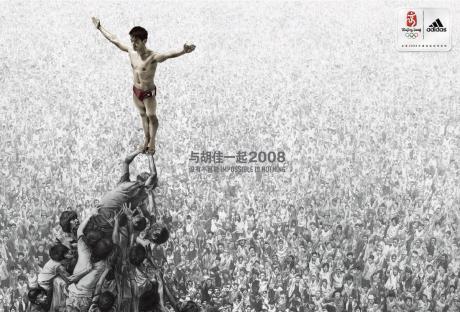
So does that make Yao a blank canvas that leaves the etching of destiny to others? If you think that, then I have an autographed poster of Antoine Walker I’d like to sell you. When Yao first came into the league, he was eminently quotable, but in a way that seemed tailormade for caricatures stemming from Asian Mystique. He would alternate between zany philosophical musings and carefully constructed nationalist mantras. After the Beijing Olympics ended, he even went so far as to say his “life was over.” Not so the Yao of today. Though he remains quip-y (his crack about America’s National Anthem being his favorite song because he hears it 365 days a year seems a pretty cleverly disguised rebuke of compulsory patriotism), Yao no longer speaks like Yoda-meets-Sun-Tzu, and refers instead to personal triumphs and priorities with something resembling ebullience.
While chronic injuries have robbed T-mac of his once-irrepressible vitality, they seem to have reinvigorated Yao, who now plays, acts, and talks like someone who can’t be bothered with the weight of tradition or the double-edged sword of transparency, whereas both remain major hang-ups for China. Perhaps he’s finally realizing that, unlike the Lebrons and Kobes of the world, nothing is preordained, and that he can rewrite the script as many times as he sees fit. In a way, the mundane inevitability of Yao’s injuries have helped put his mortality into clearer focus—it helps liberate him from our static, decontextualized ideas of spectatorship, not to mention the stale notion that his multi-facetedness is somehow artificially conceived.
That same paradigm exists with China—the more we treat its symbols as fuzzy math, the more easily flummoxed we become. As liberated fans, we should know better. After all, we can take a Right Way canard like “let the game come to him” and turn it into a triumph of individual style. In Yao’s case, though, letting the game come to him is about letting everything else go. Only then does he know what’s still worth holding on to.

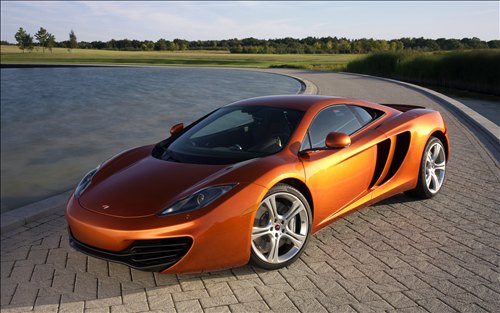




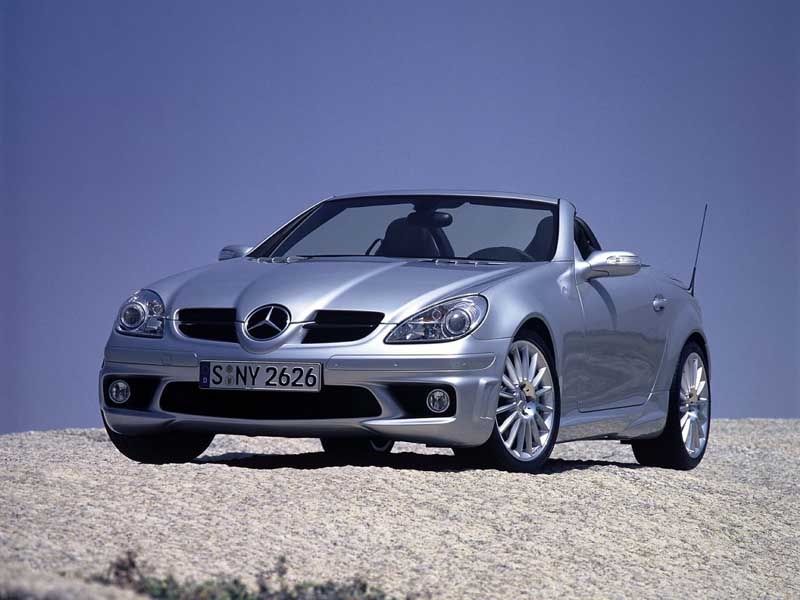

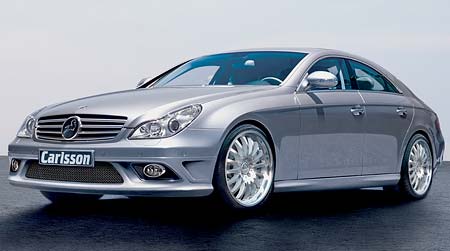






No comments:
Post a Comment